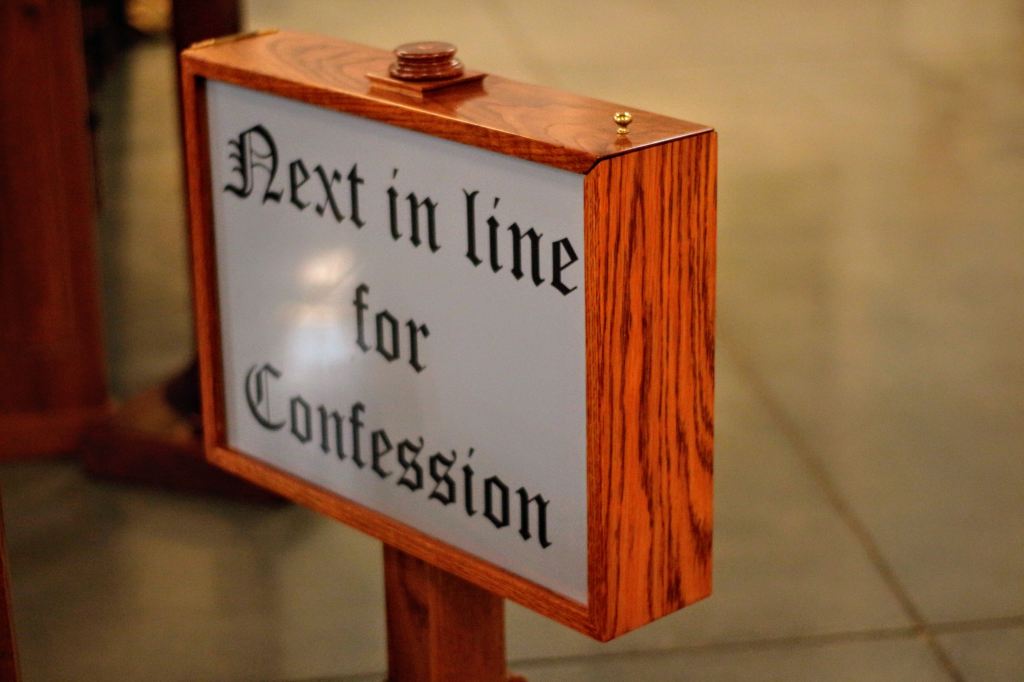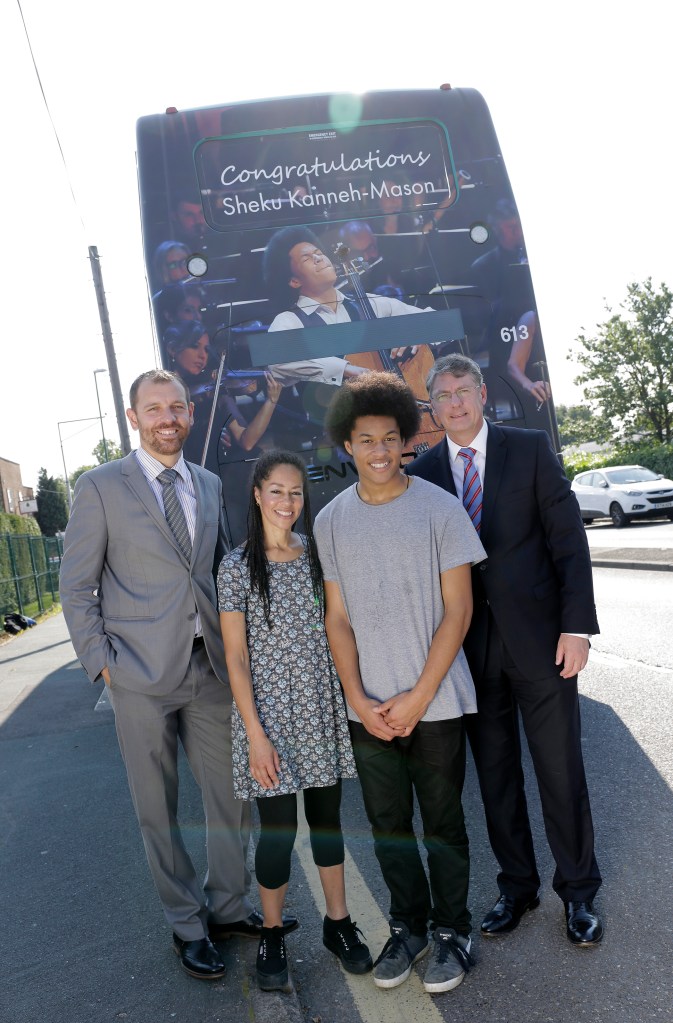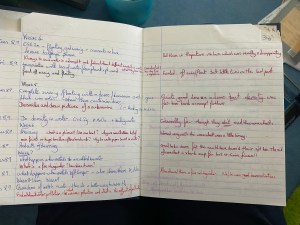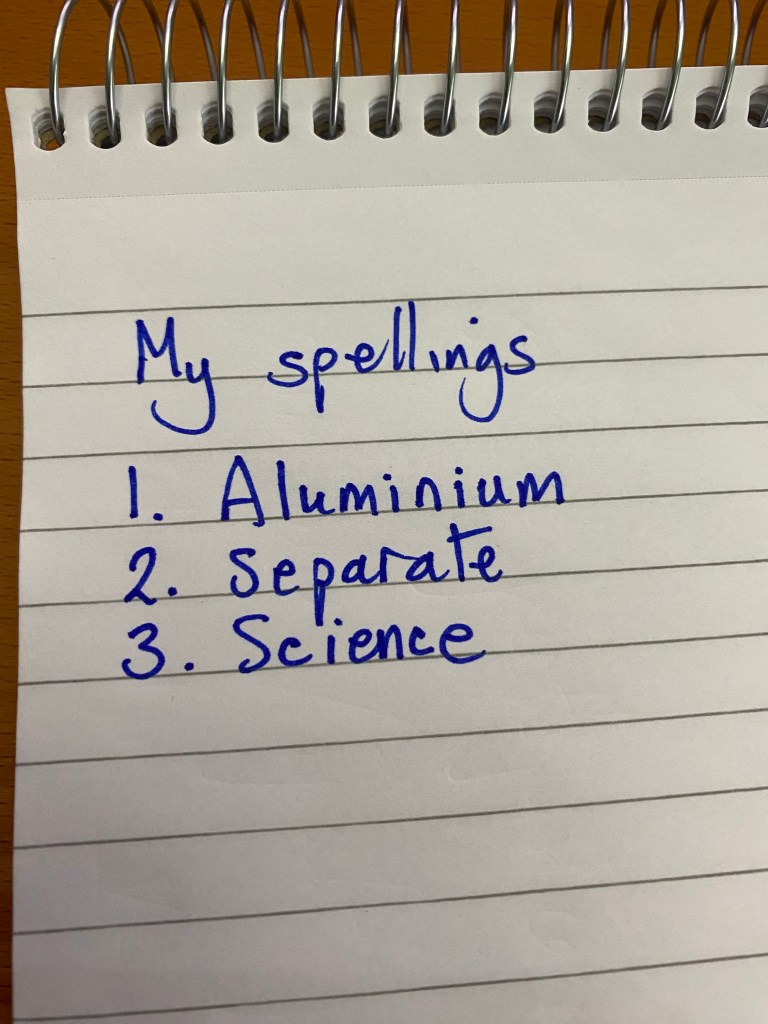
Mrs Lewis
My colleague and friend, special person and single parent Mum to her beloved twins Jonathan and Jeremy. This is a slightly longer version of my tribute at her funeral on 27th March 2024.
The teaching legend, the amazing and unique colleague. Stephanie Lewis served at Trinity school for 31 years. Unlike those who move onwards, she stayed and worked in the place she loved, her classroom, inspiring her classes day in and day out – estimated getting on for 30, 000 lessons at Trinity, many thousands of pupils- generations of some families. (This was after about 9 years teaching elsewhere in other schools before having the twins 40 years ago)
Mrs Lewis was ….old school…. traditional – well prepared, high expectations, even higher standards and an exceptional work ethic. Who couldn’t forget her years as an exam board marker on top of the day job because she wanted to ensure correct, high standards, and fairness.
She kept outstanding discipline – partly her infamous wooden spoon – rarely but nevertheless judicially banged on a worksurface for the most minor misdemeanour. A sound which reverberated around Trinity like some call of the wild and all of us staff, whatever we were doing, we knew someone in her room was….well in trouble. BUT it wasn’t just that, the main reason was Mrs Lewis was inspirational, the children loved the lessons, they were curious, they wanted to learn, they wanted to create, and they were always able to be proud of their productions, well nearly always. Her recipe book like her was equally legendary. Her hard work did perhaps at times go unnoticed, as the only teacher of a subject, you teach a lot of children and so you write a lot of reports, a lot and Steph was never late, her reports remained individual, kind and yes at times pertinent.Assessments, parents evenings could and do take their toll with so many to see but Steph set the tone and always did her best to ensure all her pupils and their parents got a fair deal.
She also had the challenge and delight of teaching her own two beloved boys Jeremy and Jonathan – they of course enjoyed no favours from their teacher Mum, unless you count the many hours of helping her, especially helping her organise PTA events for a generation they did extra miles too.
Cookery lessons, Home Economics, Food technology, whatever the name, Steph’s little empire was a magical place. Not for her two hours to design a package for a chocolate bar or to wade through the nature of ingredients. Oh No, in her space you learnt by doing, exotic, traditional dishes timed to perfection, so you had time to prepare, to bake, to wash up and never did 2 hours fly by so quickly. This had influence on parents too – not only did they enjoy the cooked food, they had opportunity to encourage “wow that was good and…you can cook that again for the family”. You want to improve the nations eating, cooking and nutrition, then get yourself a Mrs Lewis.
But Steph was also sharp, funny and keenly proud – she would be upset if anyone senior arrived to her room unannounced – and would fret it hadn’t been tidy and spotless (which of course it was) and there would also be a bit of scurrying as somehow during the day she had managed to pop in a tray of biscuits or cakes or scones for her beloved DT dept. She adored DT colleagues and they adored her – I see nodding heads! There were many stories and laughter greeting new teachers in the staffroom and eye for detail when it came to our whole school events.
Outside of school she remained supportive of her pupils and us staff. Those conversations children had with her, often revealed a need, and Steph would faithfully try to help – going that extra mile. Never a detention for not having ingredients, not punishment but help and a solution. Although she didn’t suffer fools gladly.
Likewise for staff as Nigel would say “Steph’s taxis” many a school social saw Steph, who never drank alcohol offer lifts to others, with or without Bruce Springsteen blasting out in the car. There are many anecdotes but I recall an event at Wilford just after she had bought her latest car – one with blacked out windows. As we left there was a huge police presence due to trouble at the rugby club and Steph with Mary Parr drove slowly down the road, I think Steph was trying to avoid any trouble but landed herself as a suspect, and was pulled over. The PO suspected a drug related crime and insisted on her getting out, hands on bonnet breathalysed. Even Mary’s plea “Don’t you know who this is?” fell on deaf ears. Steph got home, very late she called me to try and explain how mortified she was, how she had let everyone down and should she resign, etc and of course we just smiled and bagged another SL story.
This was the amazing Mrs Lewis, dedicated, diligent, industrious, bothered, kind, generous, fun, and a delightful colleague many of us were privileged to work alongside for many of those 31 years
Mrs Lewis RIP
Steph was a sort of renaissance woman, not only that conscientious teacher but widespread interests in the Arts ( she loved Hieronymus Bosch I recall) in Architecture and travel, Apparently clocking up 100,000 air miles. Her travel plans and itineraries were equally legendary and if she got to know you were going abroad she would off you a detailed spreadsheet of places to visit. Trips were busy on the go rushing around days, not for her sitting on any beach,.
















































 We saw some amazing artwork, incredible calligraphy, beautiful ceramics, others saw sport and music to an amazing standard. We met artists in residence and I was invited to play a computer at a board game, a computer that literally picked up pieces in response to my move and you guessed it – the programme and the hardware created by ….a pupil from scratch.
We saw some amazing artwork, incredible calligraphy, beautiful ceramics, others saw sport and music to an amazing standard. We met artists in residence and I was invited to play a computer at a board game, a computer that literally picked up pieces in response to my move and you guessed it – the programme and the hardware created by ….a pupil from scratch.







 My colleagues are now busy working out how to manage exchanges, to plan visits with children and to welcome children here to Nottingham. We are looking at how we can work together across the distances and cultures but with an internet and with colleagues here and our own traditions – Nottingham has a University campus in Ningbo which we visited and so there is much to consider and challenge and much remains to be curious about. For me I am committing to try and open more doors with friends in Ningbo – and not these doors.
My colleagues are now busy working out how to manage exchanges, to plan visits with children and to welcome children here to Nottingham. We are looking at how we can work together across the distances and cultures but with an internet and with colleagues here and our own traditions – Nottingham has a University campus in Ningbo which we visited and so there is much to consider and challenge and much remains to be curious about. For me I am committing to try and open more doors with friends in Ningbo – and not these doors.
 will become professional musicians, some need the music for their profession but almost all pupils love music, spend ages listening to music and being moved by music, or composing or going to concerts……
will become professional musicians, some need the music for their profession but almost all pupils love music, spend ages listening to music and being moved by music, or composing or going to concerts…… At Trinity the curriculum promoted music. Orchestra, singing and instrumental work. Every year 7 learnt a musical instrument, we had music lessons lessons and orchestra on the curriculum. then of course GCSE and Level music, music tech, performance…. we had concerts, lunchtime recitals, liturgies and celebrations with music often at the heart and soul. we brought in our primaries, we visited our primaries, we showcased the school to pupils, to parents and to the community.
At Trinity the curriculum promoted music. Orchestra, singing and instrumental work. Every year 7 learnt a musical instrument, we had music lessons lessons and orchestra on the curriculum. then of course GCSE and Level music, music tech, performance…. we had concerts, lunchtime recitals, liturgies and celebrations with music often at the heart and soul. we brought in our primaries, we visited our primaries, we showcased the school to pupils, to parents and to the community.


 Over that period even I got cross at times, I recall helping him unload some kettle drums, I think they cost a bit less than my entire budget “but john wait until you see the effect on the orchestra” – he was right. It became almost a standing joke that staff were not appointed unless they could teach a bit of music, e.g. an instrument or play in the orchestras. I wondered how I got a job! He appointed genuinely outstanding music staff, hugely dedicated and an incredible music lead. Such incredible talent, creativity and industry alongside the amazing ability to find music to allow a beginner to contribute but a star to shine. Peripatetic staff who could bring young children on, who could encourage them in their instrumental but also to take part in a brass band or a jazz group or a strings group, the chamber orchestra etc. Not only that but singing echoed that – proper choir singing, high standards but also music for the ‘ boys vocal group’.
Over that period even I got cross at times, I recall helping him unload some kettle drums, I think they cost a bit less than my entire budget “but john wait until you see the effect on the orchestra” – he was right. It became almost a standing joke that staff were not appointed unless they could teach a bit of music, e.g. an instrument or play in the orchestras. I wondered how I got a job! He appointed genuinely outstanding music staff, hugely dedicated and an incredible music lead. Such incredible talent, creativity and industry alongside the amazing ability to find music to allow a beginner to contribute but a star to shine. Peripatetic staff who could bring young children on, who could encourage them in their instrumental but also to take part in a brass band or a jazz group or a strings group, the chamber orchestra etc. Not only that but singing echoed that – proper choir singing, high standards but also music for the ‘ boys vocal group’.
